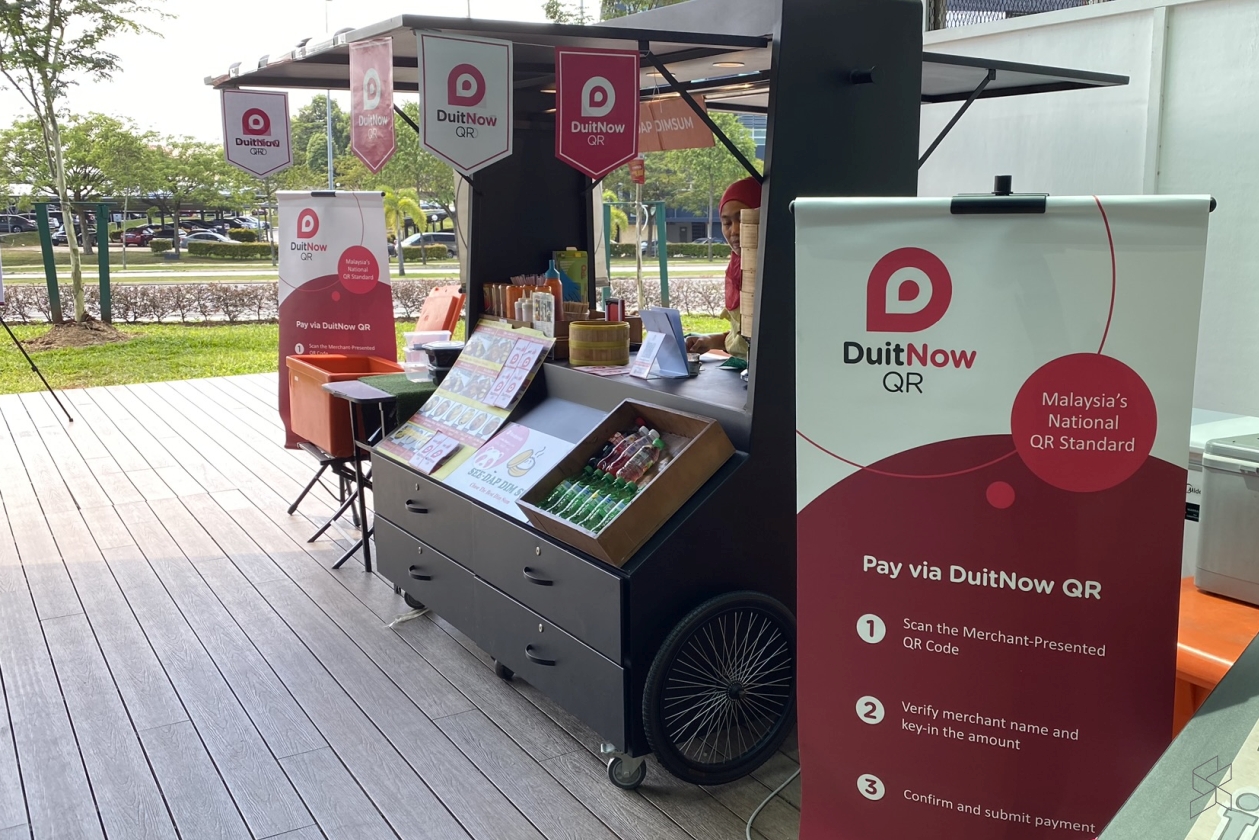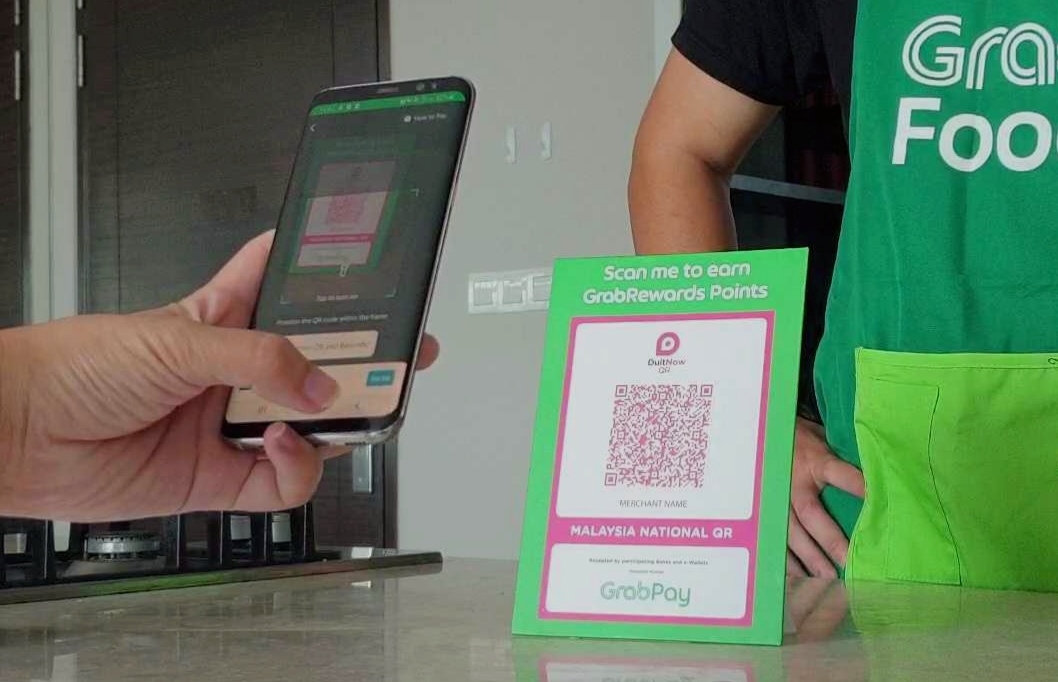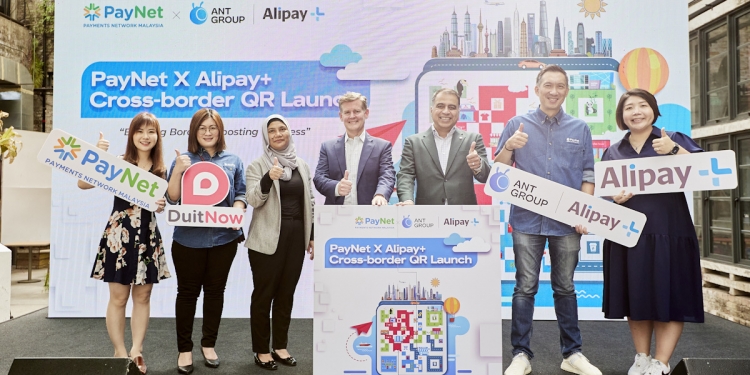Selected e-wallets from five Asian countries can now officially be used to make payments in Malaysia via DuitNow QR. This was announced by Payments Network Malaysia (PayNet) alongside the Ant Group which is the operator of the Alipay+ network.
The announcement today is essentially the result of the Memorandum of Understanding (MoU) that both parties signed back in August. The cooperation essentially enables cross-border payment acceptance for Alipay+-supported eWallets in Malaysia and also allows Malaysians with DuitNow QR-supported eWallets to use them overseas.
Here are the eight Asian eWallets

There have been some changes made to the eWallet list. Originally, there were only five names in the list but the official announcement today revealed several additional names.
Here’s the full list:
- Alipay (China)
- AlipayHK (Hong Kong)
- HelloMoney by AUB (the Phillippines)
- Hipay (Mongolia)
- MPay (Macau)
- Naver Pay (South Korea)
- Toss Pay (South Korea)
- TrueMoney (Thailand)
With today’s announcement, travellers who have these eWallets can make payments at more than 1.8 million merchant touchpoints throughout Malaysia just by scanning the DuitNow QR code. Expect to see this list grow over time as Ant Group and PayNet have confirmed that there will be more Alipay+ payment partners coming on board in the near future.
DuitNow QR users to go global next year

So, how about Malaysian users with banking apps and eWallets that support DuitNow QR? When can we use these apps overseas?
At this point, there is no exact date when that will take place. The announcement did reiterate something that was mentioned back in August whereby DuitNow QR users will be able to make payments at Alipay+ merchants globally starting from 2024 onwards.
That’s not to say that there are no cross-border payments at all for Malaysian banking apps and eWallets. In fact, you are already able to make cross-border QR payments in Singapore, Thailand, and Indonesia for quite some time.
In addition to that, Touch ‘n Go eWallet users are already able to use it to perform payments in China. To learn more, check out our own experience at Hangzhou right over here.








